Essential work.
Judith Jackson has been a Metro Transit bus driver for the last 19 years. That job didn’t stop when the pandemic hit, even though she knew it would put her health at risk. She continued working knowing that every time she opened the door of her bus there was a chance she could be opening her door to COVID exposure. One day last year, a family friend stepped to get on the bus.
“Hi honey, how are you?” Judith asked, happy to see her.
“Will you pray for me?” The passenger responded. “I’m sick”
She had COVID.
Judith let her friend on the bus even though Judith lives in a multi-generational household, including with her mother battling cancer for the second time. She knew she had no other choice. Public transit is the only means of transportation for so many in the community, and it was her job to get people who relied on it where they needed to go.
This is one of many stories that has come before the Frontline Worker Panel Working Group over the last month of hearings. The charge of this working group is to determine to whom and how to disperse the $250 million of federal funds to those on the frontlines of COVID since the beginning, those who were required to work, to put their health at risk, in order to keep Minnesota running. Thousands of people across sectors went to work to keep us healthy, safe, and our economy moving. We’ve been listening to their stories every week, a necessary exercise as we begin discussions of eligibility criteria. The hard task of this working group is to draw the lines that deem whose work was essential, whose work couldn’t be done remotely or in safe distance from others.
What’s become clear after weeks of listening to heartbreaking testimony like Judith’s is that our lives and experiences are interconnected, and essential work during the pandemic happens beyond hospital walls. Our grocery stores, schools, buses, nursing homes, child care settings, meat packing plants and more have been vital to keeping our communities intact, vital to supporting the healthcare workforce so they can treat the most difficult cases. Those who worked in these settings put themselves at risk during a time of great unknown, many without adequate PPE resources to protect themselves.
We are now 18 months since our first lockdown, and the pandemic is still not through with us. With variants taking hold, COVID continues to place a strain on these essential workers, making the charge of this working group all the more significant. In the last year and a half, we are seeing people decide to stay out of work. For those who stay on the frontlines, the risk of burnout threatens our ability to manage the virus.
The working group recently heard from representatives from Louisiana’s state government, who provided a case study in the hazard pay they distributed last year. Today, the state offers new lessons as they are at the epicenter of the latest COVID surge. In Louisiana, we are now seeing more clearly just how the delta variant directly threatens those who are unvaccinated, including children. The stress on the health system in Louisiana is a stark reminder of the conditions we must work to avoid here in Minnesota, through mitigation strategies we know work: masks and distancing. And vaccines to prevent infection and significantly reduce serious illness or death for those who do become sick.
The working group’s distribution of funds to essential workers to make up for what they lost is a critical piece, but it is on all of us to do our part to extinguish this virus and protect those most vulnerable and our kids and their ability to go back to school this fall.
We have all been through so much and suffered so much loss in these last 18 months. This pandemic has defined who we are, what we value, and why: When faced with a challenge, we rise to meet it. We take care of each other in times of need. That is the reason why I take the work of this panel so seriously and am committed to getting this job done for the people of Minnesota. If you support this too, contact those who represent you to let them know that everyone who put themselves at risk by showing up to do essential work deserve our gratitude through meaningful compensation.
I believe in you and I believe in us.
With purpose and joy,
Erin
